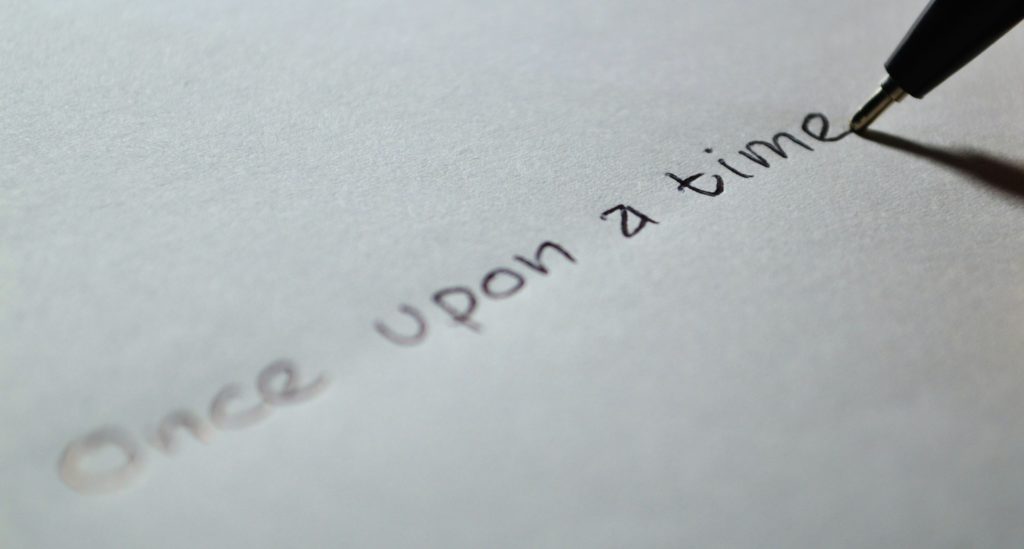Whenever you are solitary today and seeking to have somebody, you are able to think your self happy. Just before online dating came up on line, matchmaking is constantly limited to others american singles you could potentially fulfill working, at school, or in nearby pub. However, online dating makes they you’ll be able to thus far almost someone worldwide-from the comfort of their family room.
That have many choices to pick from are attractive to whoever try searching for something, and more when you are looking for anything-or some body-special. One in three grownups on U.S. has utilized an online dating site otherwise application, plus people are searching for its people on the internet than simply thanks to people of ‘traditional’ routes to enjoy eg appointment individuals through friends otherwise in the office otherwise school.
But not, if it is very easy to obtain like for the dating sites and you can apps, why are truth be told there significantly more single people in the western world now than ever? And why perform profiles of your matchmaking networks usually statement ideas from ‘Tinder fatigue’ and you can ‘relationships burnout’?
The rationale may be found in the brand new challenging relationship that folks keeps having selection. Into the one-hand, anybody like having many options as that have so much more choices to like from escalates the danger of in search of what you’re looking having. Simultaneously, economists found you to that have many options is sold with particular major drawbacks: when individuals have many choices to select from, they frequently start slowing down its behavior and become much more dissatisfied that have your choice of solutions available.
Within look, we attempted to pick whether which contradiction preference-liking having many choices then again becoming weighed down once we do-may give an explanation for issues anybody expertise in online dating. I authored an internet dating platform one resembled the brand new relationships software ‘Tinder’ observe exactly how man’s spouse alternatives unfold after they get into a matchmaking environment.
So, online dating demonstrably performs
For each and every photo, they may intend to ‘accept’ (which means they will be thinking about matchmaking this person) otherwise ‘reject’ (meaning that these were not searching for matchmaking this individual). Our results indicated that players became even more selective throughout the years as they has worked through the photos. They were probably to accept the initial lover solution it saw and you can became much more about browsing refute with each most option that showed up adopting the first that.
Within our 2nd studies, we exhibited someone photo of possible partners who had been real and you may available. We enjoy american singles to send united states an image of on their own, and that i then programmed to your our very own matchmaking task. Once more, we found that participants became increasingly browsing reject mate alternatives while they checked a lot more about pictures. More over, for ladies, so it tendency to refuse potential couples also interpreted with the a lesser odds of searching for a match.
Both of these tests confirmed our assumption you to internet dating brings out a getting rejected therapy: individuals become more attending deny spouse options if they have a great deal more solutions. However, how does so it takes place? Inside our last studies, we looked at the psychological components which might be guilty of the latest getting rejected psychology.
I discovered that some one come to sense a decrease in pleasure along with their matchmaking solutions while they saw so much more you can easily partners, and so they turned into much less confident in their own odds of relationships success. Both of these techniques informed me as to the reasons people come to reject a lot more of your options because they checked out more and more photographs. More photographs it saw, more let down and you can disappointed they truly became.
Along with her, our very own studies help to explain the paradox of modern dating: brand new endless pond away from companion alternatives to the relationships applications draws members of, yet the daunting level of selection means they are increasingly let down and you can cynical and you can, ergo, less likely to want eharmony vs chemistry to indeed pick someone.
Just what is to we create-erase the brand new applications and you may come back to your local club? Not always. You to definitely testimonial is for individuals who use these internet sites so you’re able to restrict the looks so you’re able to a manageable count. Within the the average Tinder session, an average member experiences 140 lover choice! Think of in a pub with 140 possible people, having them fall into line, understanding a little about the subject, after which moving him or her left or proper dependent on its viability. Madness, best? It appears as though humans commonly evolutionary willing to manage many selection.
Very, if you find yourself those types of enraged and you will worn out those who have fun with matchmaking applications, was a special means. Force you to ultimately look at all in all, five pages and you can following close the fresh software. If you’re checking out the profiles, be aware that you are most likely are drawn to the original profile you notice. Each profile which comes following basic one, try to address it which have an excellent ‘beginner’s mind’-rather than criterion and you may preconceptions, and filled with curiosity. Of the defending on your own off possibilities overburden, you can also in the long run see what you was seeking.
In our earliest study, we displayed look participants (who were all the solitary and looking for a partner) with photo off hypothetical matchmaking lovers
Pronk, T. M., & Denissen, J. J. (2020). A rejection brain-set: Choice excess when you look at the online dating. Social Psychological and you may Character Research, 11(3), 388–396. 1948550619866189
Tila Pronk is Assistant Professor in Public Therapy on Tilburg School (The netherlands), dating therapist, and specialist to the relationships to own television shows. The analysis discussed here was conducted in collaboration with Jaap Denissen.

